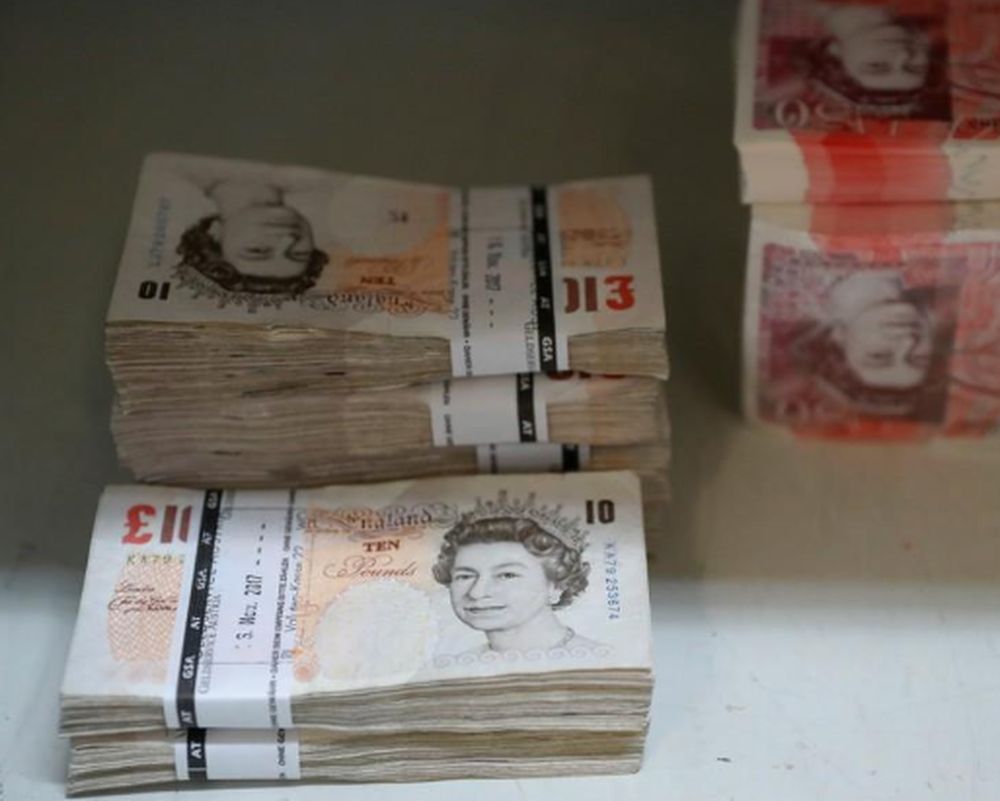LONDON, Oct 7 — Sterling fell in early London trading today as investors grow increasingly concerned that Britain and the European Union were no closer to agreeing a Brexit withdrawal deal.
British lawmakers have passed a law requiring Prime Minister Boris Johnson to seek a delay to Brexit if the UK cannot agree a withdrawal deal by October 19. But a report in the Daily Telegraph said Johnson intended to challenge that law, the Benn Act, in the Supreme Court.
Jane Foley, an analyst for Rabobank, said this week and next would be another “roller coaster” for the pound as it became clearer whether Britain and the EU would reach a deal and whether Johnson would challenge the Benn Act.
At current levels, the pound is pricing in a delay to Brexit beyond the October 31 level, and a degree of hope for a last-minute agreement with Brussels, Foley said.
“Before the EU summit there will always be a modicum of hope that there will be a deal,” Foley said.
Johnson has repeatedly vowed to take Britain out of EU on October 31 — raising the prospect that he will move further to reach an agreement than many think, or that he intends to push back against parliamentary efforts to block a no-deal Brexit.
The prime minister urged French President Emanuel Macron yesterday to “push forward” to secure a Brexit deal and told him the EU should not be lured into the mistaken belief that the UK would stay in the EU after October 31.
Britain’s latest Brexit proposal has been rebuffed in Brussels.
Sterling traded 0.2 per cent lower at US$1.2311 (RM5.17). It was down 0.2 per cent against the euro at 89.195 pence.
ING analysts attach a 10 per cent to 15 per cent chance a new deal would be reached over the next week.
“The story will then move on as to whether PM Johnson is forced to extend Article 50. Given little political risk premium priced into GBP around current levels, Cable looks vulnerable to US$1.21,” they said in a note.
A series of disappointing economic data over the past week has added to worries about the British economy and the impact of Brexit-related political uncertainty. — Reuters






















